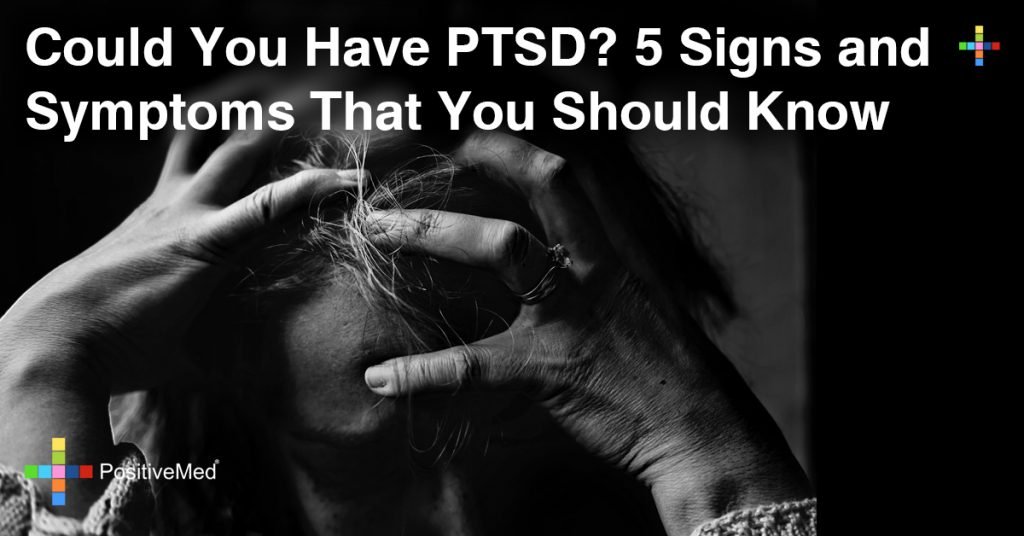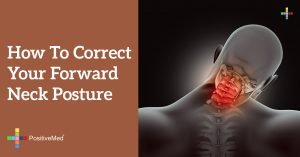
Post-traumatic stress disorder (PTSD) often receives a lot of press when it comes to soldiers returning from war. You might have even seen movies where a former soldier struggles with nightmares and flashbacks of the trauma that they endured. While the ravages of war are a common cause of PTSD, you should also be aware of the many different types of trauma that can also impact your mind and body, leaving you to deal with frightening symptoms. As you read through these common signs and symptoms of PTSD, keep in mind that they can occur many years after the traumatic event has occurred if you have not received the proper support to learn how to cope. While having an occasional nightmare or sad memory about a traumatic event may just be a normal part of healing, you should seek a professional opinion if you experience these symptoms along with a constant tendency to relive the trauma over again in your mind.

Flashbacks and Nightmares
Memories of a traumatic event are stored in your brain as well as your body, and it is common to re-experience the event as though it is happening again. A flashback could present as an auditory or visual hallucination that feels as though you are thrust back into the moment or trauma. Or it could be a very realistic memory in which you can relive every moment. You might also experience nightmares about the event when your mind is more vulnerable as it tries to heal the trauma. Your flashbacks may be triggered by similar events each time that remind you of what happened. A loud band, the scent of a certain cologne or something as simple as a car horn honking could all be the impetus of a flashback.
Increased Emotional Arousal
Your loved ones describe you as jumpy and always on the defense. You might have even gotten into trouble at work or ruined a relationship because of your tendency to lash out verbally. While you were once considered easygoing, you now find yourself struggling with intense anxiety that manifests in your interactions with everyone. Feeling like you are constantly on edge is a sure sign that something is bothering you, and finding out how to heal preserves your relationships.
Numbness and Detachment
The first two symptoms are commonly associated with PTSD, which is why many people are surprised to find out that they have the condition when they really don’t feel anything at all. The truth is that there is no normal reaction to trauma, and your body and mind may have responded to your pain by generating a wall of protection. Feeling numb or detached when you think about the traumatizing event may mean that you haven’t been able to fully process the painful emotions it has caused. This is a common symptom among those who have witnessed a death or violent crime up close and struggle with dealing with the memory.
Avoidance of Certain People or Situations
This symptom is another protective measure that your mind uses to prevent the trauma from recurring, and it is common among victims of sexual assault. Perhaps you avoid walking alone at night, or you just can’t stand spending time with the friends you were with when a crime occurred. While many people avoid certain unsafe situations, this behavior becomes a problem when it interferes with your ability to live normally. For example, avoiding getting behind the wheel after a car accident hinders your ability to work or care for your family. This is when you know it is time to seek help.
Unexplainable Physical Reactions
PTSD doesn’t just affect your mind. The mind-body connection is strong, and trauma triggers your body to release hormones that generate fight-or-flight symptoms. People who struggle with PTSD often report physical symptoms, such as a racing heartbeat or suddenly breaking out in a sweat, that don’t have a medical basis. These physical reactions often occur with flashbacks, but you may feel this state of physical arousal in the absence of other symptoms.
If you suspect that you have PTSD, you don’t have to suffer alone. It is also important to keep in mind that the symptoms can continue for years without the proper help. You should consider getting help from professionals trained and experienced in post traumatic stress disorder treatment. With professional therapy, you can put the scars from your past behind you, and look forward to a brighter future with confidence that you will heal from your trauma.








